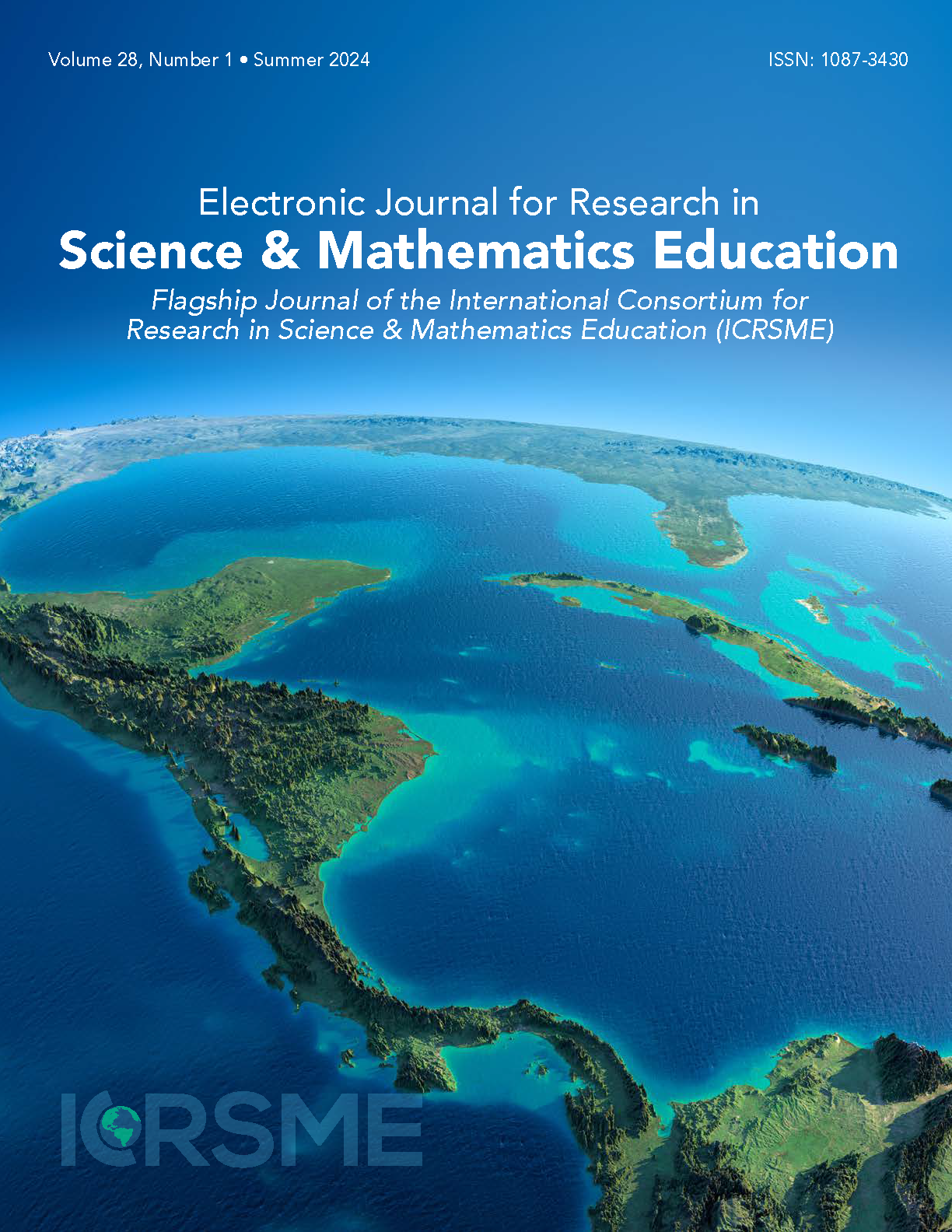What are They Good For? The Importance and Value of NGSS Science Practices
Main Article Content
Abstract
This study aimed to identify the Next Generation Science Standards (NGSS) science practices secondary science teachers considered as most important, to determine what type of value teachers ascribed to those practices, and to examine any correlations between teachers’ perceived importance of the practices and their self-reported implementation. An electronic survey was used to collect multiple forms of data from 128 secondary science teachers. Quantitative data was analyzed using descriptive statistics, average ranking scores, and Spearman’s rank correlation coefficient. Qualitative data was analyzed through qualitative content analysis using Wigfield & Eccles’ Expectancy-Value Theory (EVT) as an analytic framework. Our findings indicate that: (1) teachers ranked asking questions as the most important science practice and mathematics and computational thinking as least important; (2) teachers most frequently attached attainment value to the usefulness of the practices; and (3) the correlations between teachers’ rankings of the practices and their self-reported implementation were mixed. The rank-implementation mismatches can be interpreted as an outcome of teachers’ misconceptions about some of the science practices. This study highlights the need for teacher education initiatives that promote teachers’ implementation of and long-term utility value of proficiency with all eight of the science practices.
Article Details
© 2025 Electronic Journal for Research in Science & Mathematics Education (EJRSME)
